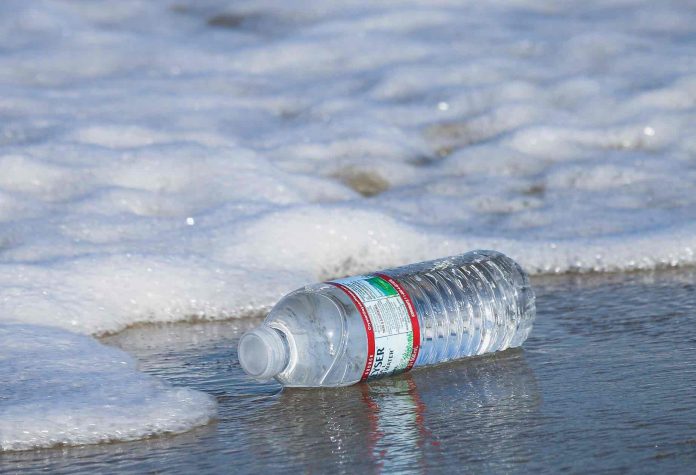Microplastics–small plastic pieces less than 5 millimeters in length–are ubiquitous in the environment, and they can have significant effects on wildlife. A new study published in Environmental Toxicology and Chemistry reveals that there are multiple impacts of different microplastics–with varying sizes, shapes, and chemical makeup–to the survival, growth, and development of larval fathead minnows, an important prey species in lakes and rivers in North America.
By demonstrating that microplastics are both physical and chemical stressors, the study supports the need for research that considers microplastics a multiple stressor rather than a single contaminant. Importantly, current test methods used in most microplastic studies do not sufficiently investigate the chemical dimension of microplastic pollution.
“The chemical cocktail that is associated with microplastics in the environment consists of additives from manufacturing and contaminants sorbed from the surrounding environment; however this dimension is often missing from toxicity testing, where pristine microplastics purchased from a manufacturer are often used,” said corresponding author Kennedy Bucci, a PhD candidate at the University of Toronto. “Our research shows that the chemical cocktail is an important driver of effects, and suggests that a new framework for risk assessment that captures the multi-dimensionality of microplastic pollution may be necessary.”








